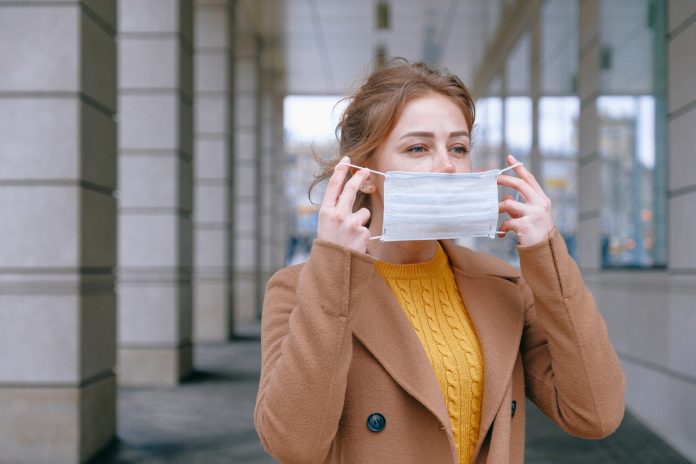Covid-19 pandemic forces us to find new and innovative ways to reach out and communicate with our NEETs. We had to get used to the new “normal” and each of us had to expand our comfort zone and adapt as much as possible to the new reality. For the young people with mental health problems, this task was not easy. Consequently, their social life and mental health were inevitably affected.The fear and stress of the unknown and the isolation deepened their mental state in a negative way.
These circumstances were unforeseen by the project, and it made sense to try and adapt to the new reality. Thankfully, online resources came to aid as we were able to freely communicate with our target groups trough social media which proved to be very useful not just in the context of the pandemic. We expanded our activities and created a new virtual way to reach our NEETs.
We started to think of an effective way to communicate with the target group in the aspect of both their mobility and anonymity. On the one hand, our experience shows that there is a number of people who have a great desire to join the activities in the “Hidden Likes” youth house but are unable to do so due to the fact that they live in another city. And on the other hand, because of the stigma that we have talked about so much before – both societal and self-induced – NEETs with mental health problems present a very private, scared and insecure group and we try to do anything we can to make them feel save and protected. Not just in the context of what the house itself represents – providing a safe environment where they get to be themselves – but protecting their identities!
It made sense to take an alternative route and connect to those people so we came up with the idea to conduct Q&A sessions and we just did our first one!
The session was announced in advance – an invite with the topic of Addictions and the date on which the tape would be made available was published on our social media channels publicly, so that anyone who wants to share thoughts, concerns and worries in the form of questions can do so. To send their questions, people filled in a google form, completely anonymously. A project expert then answered the list of questions in front of the camera, the recording of which was uploaded on our social media after montage.
Prior to our sessions, we tested how online seminars could be included in our online reach to the public. On a chosen topic we shared an invite to our social media with both link to the online event and a form for questions, plus the expert speaking on the topic in question. Interested parties are free to ask their questions and share concerns on the form provided and during the seminar they are being addressed by the speaker. For those who missed to fill in the form have the opportunity to share their thoughts during the event. The interest in our seminars and over all successful turn out of the event proved to us that this approach can actually be very beneficial for some people.
Individuals express themselves freely, and one benefit specifically of the Q&A sessions is the effective interaction, that one is able to come back to when needed because it is uploaded, it is there. For the experts is also beneficial – there istime to prepare and structure answers with more specific content. People have the opportunity to put their doubts in the spotlight and help themselves simply by asking a question. The Q&A sessionsand online seminarsare innovative and flexible digital tool, that succeeds in overcoming distance and time.


